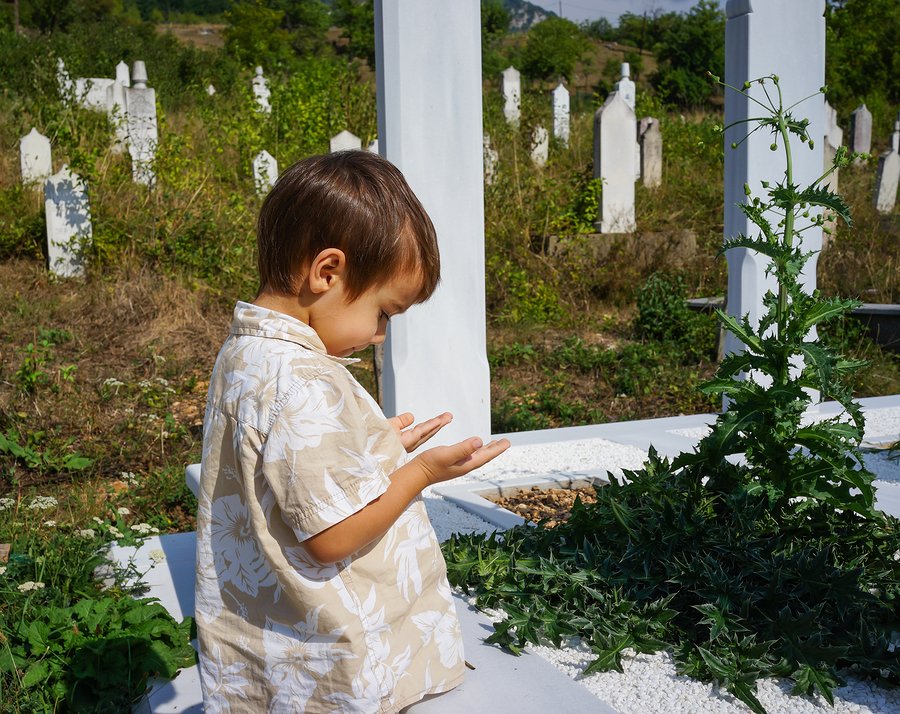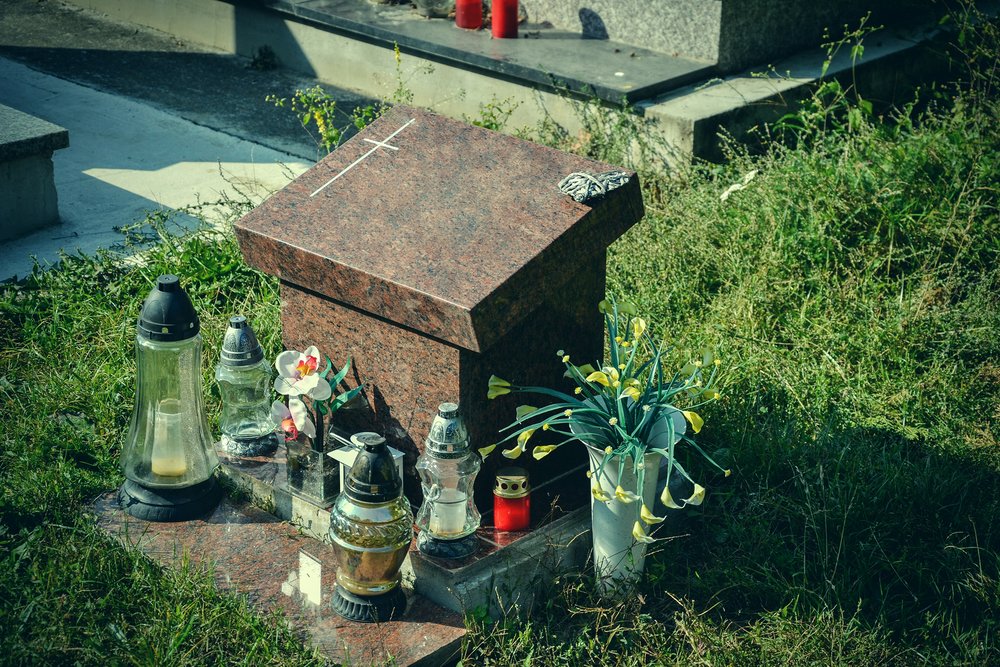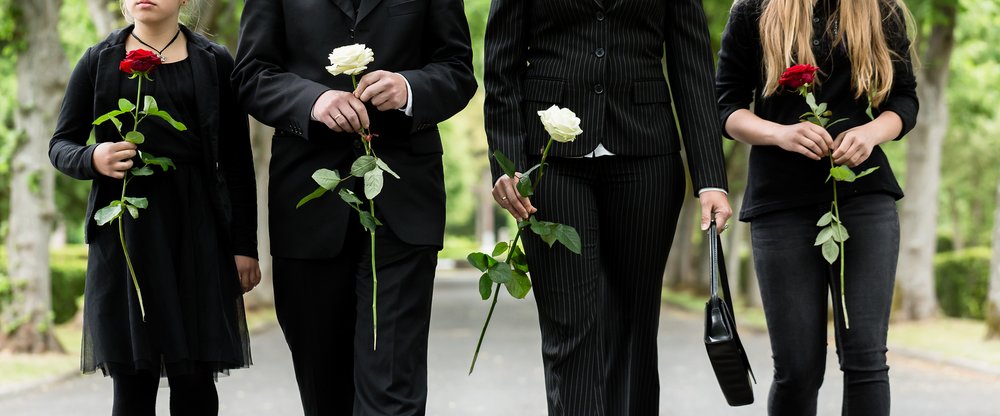Helping Children Understand and Cope with Death
Coping with the death of a loved one is never easy. Explaining it to children can be particularly difficult, especially if they are younger. They may not even truly comprehend what death is or that it is real and permanent. When telling them about the loss of a loved one, a friend, or even a pet, it is best to be honest and use simple language that they will understand.
Don’t Avoid Questions
Children are naturally curious about everything and death is no different. Answer all of their questions with short and simple explanations. Younger children can’t process too much information all at once. There is no need for them to understand the circumstances that may have caused a beloved grandparent’s death.
Explain death in physical terms: that the deceased is no longer breathing or walking around and that their body no longer functions. It is also important for children to understand that the deceased no longer feels any pain. Focus on helping them understand that their grandparent won’t be able to play with them any more or won’t be there for their birthday.
Skip The Euphemisms
The polite phrases that adults commonly use when referring to death such as “eternal sleep” or “resting in peace” can confuse and even frighten a young child. If they are told that a grandparent is “sleeping” or “has gone away” they may become afraid to go to sleep or fearful when a parent leaves for work that they won’t come back.
If the deceased was sick before passing away, reinforce with your child that just because they are sometimes sick doesn’t mean they are going to die. This will help avoid any panic the next time they get a cold or the flu.
Keep Daily Disruptions to a Minimum
If the deceased was a daily presence in your child’s life, such as picking them up from school or watching them until you got home from work, the disruption to their routine can be a constant reminder of the loss of their loved one.
Make other arrangements as quickly as possible and make your child aware of them. Tell them about the new arrangements in a positive manner. For example, “Since Grandma can’t pick you up from school anymore, Aunt Suzie will come get you. She’s really looking forward to it!”
Don’t Hide Your Emotions
Expressing grief is a normal part of the healing process for both children and adults. While you don’t want to traumatize your child with excessive or dramatic displays of grief, it is good for both of you to express your emotions.

It's ok to be sad or even cry. Explain that you are sad about grandma’s death too and you miss her very much. Children are typically very in tune to their parents emotions. It can cause them even more distress if they feel that you’re hiding something from them.
Let Them Know What to Expect
While some children will simply be too young to attend a memorial service or a funeral, others may be old enough. If they attend, don’t let them be blindsided by condolences, the outpouring of emotion or the rituals or the service itself. Whether your loved one is being cremated or buried, explain the process in a way they can understand. Tell them that many of the others who are at the service will be sad and there will be a lot of hugging and probably tears.
While some feel that children shouldn’t attend the services, others feel it helps provide them with closure. It is best to let your child help you decide if they should attended the services for the deceased. Some children may want to be there and maybe even take part by reading a poem or singing a song.
Encourage Remembrance
Don’t shy away from mentioning or talking about the deceased with your child. Share funny stories and happy memories about your loved one. Encourage your child to draw pictures of them or write stories about them. All of this will help with the healing process.
Provide Comfort and Reassurance
Validate your child’s grief and offer comfort when they are sad but try not to let them dwell on it. After listening and talking to them about it, switch their focus to a favorite topic or activity. This can help distract them from their sadness, allowing them to feel better, at least temporarily.

Remember getting over the loss of a loved one takes time. Be patient. Some children can experience trouble sleeping or experience anxiety. Everyone heals differently and a child can experience a myriad of different emotions when dealing with the loss of a loved one. If sadness or other related issues persist, you may want to consult with a grief counselor who specializes with children.
Dealing with your own grief and that of your children is enough to handle. Let someone else handle the memorial service or funeral arrangements. Designing a service should be a journey of remembrance, healing and love – not a source of stress.
Polhemus Cremation Services has been a trusted name in funeral care for 3 generations. Owner Richard M. Polhemus provides compassionate guidance and reliable advice. You can expect personalized services, prompt answers, reliable information and careful attention to detail as we support you in arranging and directing cremation memorial ceremonies. Contact us to help get you and your family through this difficult time





Comments